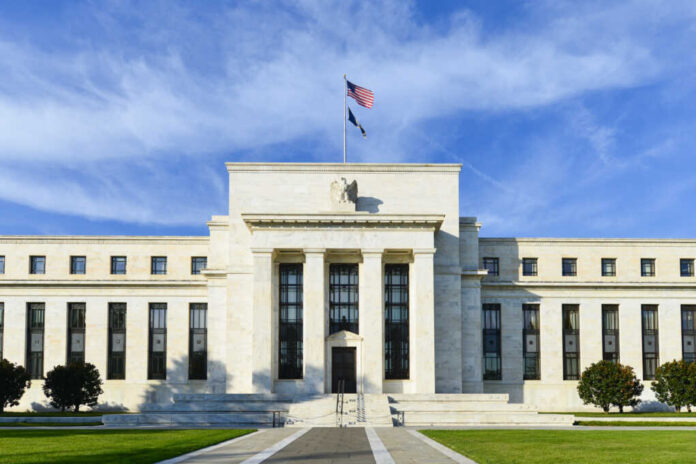
Federal Reserve Governor Christopher Waller signaled on Tuesday that rate cuts would have to wait, pending additional months of favorable inflation data.
Traders now turn their attention to commentary from Federal Reserve officials. Fed Governor Christopher Waller said he wants to see “several months” of supportive inflation data before lowering rates. Richmond Fed President Tom Barkin and Atlanta Fed President Raphael Bostic are…
— Ajay Bagga (@Ajay_Bagga) May 21, 2024
Addressing the Peterson Institute for International Economics, Waller stressed the need for sustained improvement in inflation metrics before supporting a shift in monetary policy. He emphasized the importance of labor market stability, stating, “In the absence of a significant weakening in the labor market, I need to see several more months of good inflation data before I would be comfortable supporting an easing in the stance of monetary policy.”
While Waller acknowledged the recent moderation in inflation, citing April’s Consumer Price Index (CPI) data as a “welcome relief,” he cautioned against premature rate adjustments. He noted that while inflation isn’t accelerating, the current economic data does not necessitate immediate rate cuts either.
Despite concerns raised by some analysts about the risk of recession amidst the Fed’s cautious approach to rate adjustments, Waller expressed confidence in the resilience of the economy. He emphasized that current indicators do not signal an imminent downturn, stating, “We’re not seeing anything right now that looks like staying here for three or four months is going to cause the economy to go off a cliff.”
Waller’s remarks come amidst speculation about the timing of the Fed’s first rate cut, with market traders eyeing a potential move in September. However, Waller and other Fed officials have refrained from committing to a specific timeline, stressing the importance of data-driven decisions.
April’s CPI data, which indicated a modest annual inflation rate of 3.4 percent, fell slightly below Wall Street expectations. Waller described the report as showing “progress” but cautioned that more substantial improvements were needed before considering easing monetary policy.
While Waller anticipates an economic slowdown in the coming months, he cited various factors, including contraction in manufacturing and services sectors and flat retail sales data, as evidence of moderating economic activity. He underscored the Fed’s commitment to supporting continued progress toward its inflation target of two percent.



























